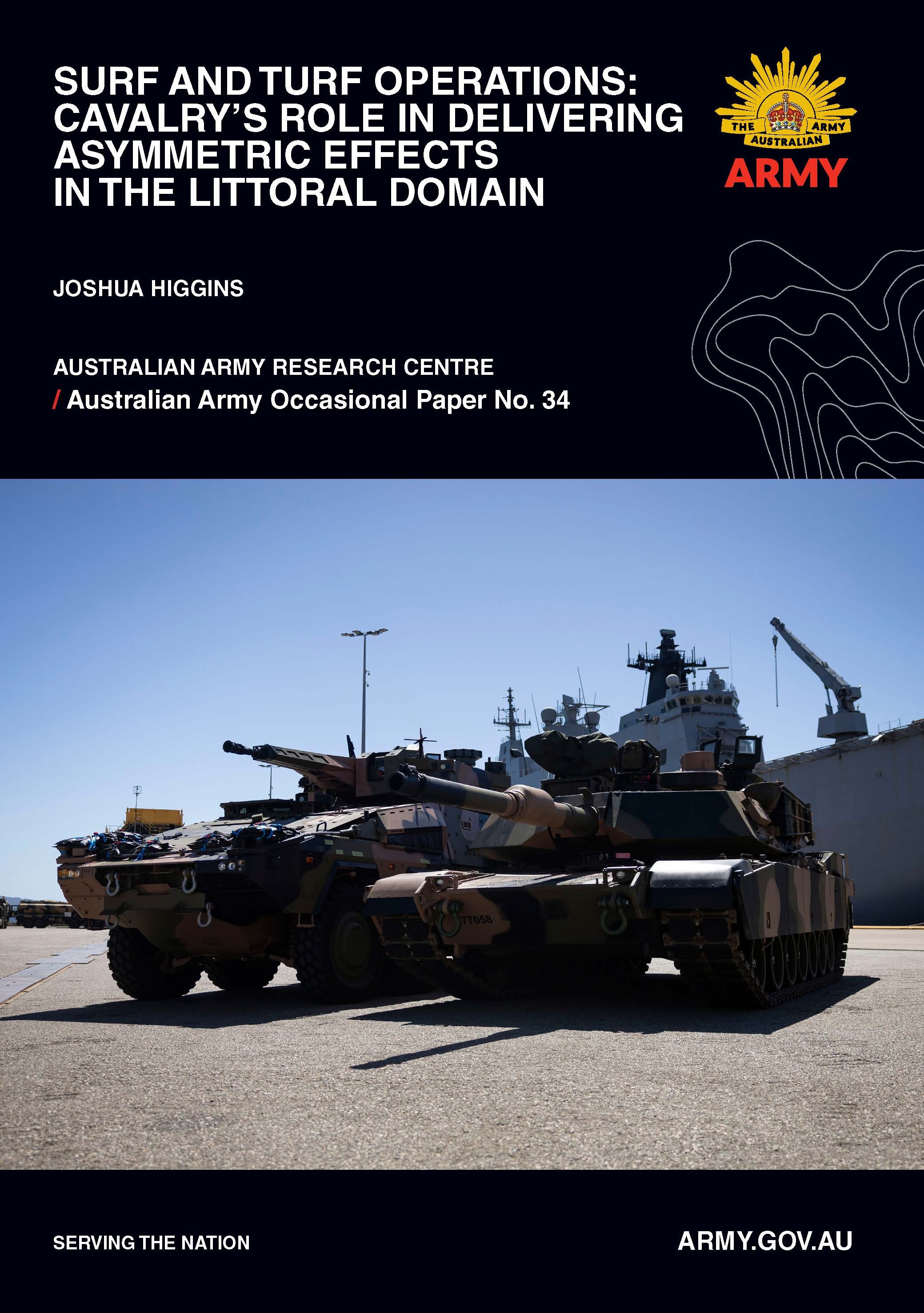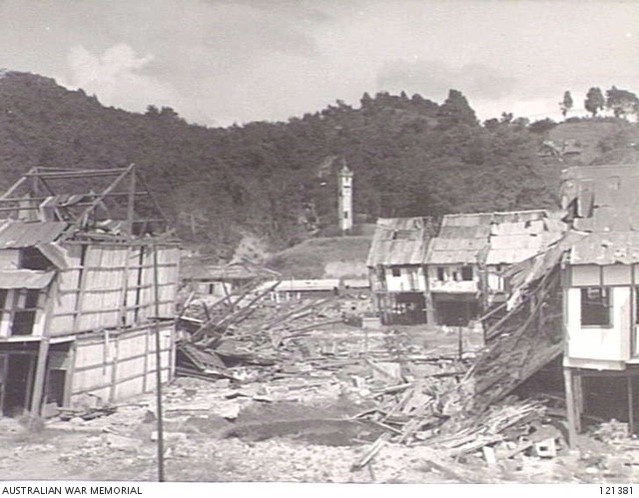Defence Innovation
US Air Force’s Hypersonic Weapon hits ‘Major Milestone’ ‘with its final captive-carry test of the Lockheed Martin AGM-183A Air-launched Rapid Response Weapon, or ARRW.’ A short explanatory note on some of the pros and cons of hypersonic weapons is offered by The National Interest.
Defence Strategic Update
ASPI provides a thoughtful review to the DSU (analysed here on the LPF) in ‘The Cost of Defence 2020-21’ Part 1: ASPI 2020 Defence Strategic Update brief. ASPI discusses the keys risks it sees to the DSU’s feasibility of delivery, especially with so much economic uncertainty. Their belief is that ‘one of the biggest implementation risks, relates to Australian industry’s ability to scale up to deliver the force.’ ASPI highlights our changing strategic environment that is pulling the ADF in two directions. ‘The DSU States that we can’t match major-power adversaries and need to develop capabilities, yet the force is still largely being built around traditional, conventional capabilities.’ This issue of mobilisation is further explored by ASPI Strategist, in this piece examining the role of Australian industry in World War II.
Irregular Warfare and Terrorism
Recent attacks in Africa highlight the continuing threat posed by transnational terrorism. A militant attack took place on a beachside hotel in Mogadishu, Somalia on Sunday 15 August, killing 15 people and wounded dozens of others. The responsible group has been identified as the ‘Shabab’, the Islamist insurgent group affiliated with Al Qaeda. The attack ‘turned into a nearly five-hour siege and gun battle between the attackers and Somali security forces.’ In addition, Militants aligned with Islamic State seized a key port in gas-rich northern Mozambique on Wednesday 12 August. This is the fourth assault on Mocimboa da Praia in 2020. ‘The attack on Mocimboa da Praia was the biggest congregation of insurgents that we’ve seen so far,’ said Jasmine Opperman, an Africa analyst with ACLED.
Regional View
‘Is the Time Right for Japan to Become Five Eyes’ ‘Sixth Eye’?’ writes The Diplomat. This is the question raised by Japanese Defence Minister Taro Kono at the Nikkei Asian Review. The Diplomat writes there are considerable challenges in realizing Japan’s goal: ‘A primary concern lies in Japan’s counter-intelligence capabilities; Tokyo must find ways to assure existing Five Eyes members that its accession to the group would not greatly expand the attack surface for adversarial countries seeking to compromise intelligence shared among the group.
The special relationship between the United States and the Philippines is significant for understanding American policy decisions in the Pacific. ‘Bound by War: How the United States and the Philippines built America’s first Pacific Century’ is a new book by MIT Historian Christopher Capozzola. It aims to examine how military engagement has shaped social connections between the US and the Philippines. ‘To understand 20th-century America, you need to understand the US military. Not only as a [fighting] force, although of course that’s what it was designed for, but also a generative force that transforms social relationships, immigration patterns, ideas about race and culture. This book is a way to bring that to the center of the story.’
Disinformation, Information and the Cyber Domain
An interesting case study in how ‘fake news is wreaking havoc on the Battlefield’. and how US military leaders are taking significant steps in new counter-missions and the creation of information warfare-focused units. This took place after alarming social media posts were seen by US Army Leaders in 2019 when the US 1st Armoured Division were in Poland. The posts alleged a member of the unit ‘killed a Polish soldier, stolen a car and was on the run.’ A point of note is the sophistication of this fake new campaign, as it used the real name and pictures of the soldier.
At the Black Hat security conference, Taiwanese cybersecurity firm CyCraft presented details of a hacking campaign from Chinese hackers. “Operation Skeleton Key” was a ‘hacking campaign that compromised at least seven Taiwanese chip firms over the past two years… this appeared aimed at stealing as much intellectual property as possible, including source code, software development kits, and chip designs.
From the Centre for Strategic and International Studies, two reports exploring the contemporary information environment. First, a survey of multiple countries’ approaches to balancing democratic ideals against the damaging effects of disinformation. Second, a detailed report examining the role of ideology within the Chinese Communist Party.
Climate Change
Both the US Congress and Senate passed their own versions of the 2021 National Defence Authorization Act (a final version of the Act is not completed.) The act aims to build on previous legislation and key steps on how climate change poses a direct threat to US National Security. ‘The DOD [are] to prioritize its vulnerabilities and send to Congress a list of its most vulnerable installations, expansion of existing authorities to incorporate climate considerations, improvements to building codes, and a requirement for DoD to conduct resilience planning at each of its installations (plans that will be for identifying next steps for shoring up the unique vulnerabilities at each location).’
Events:
- DGFLW’s seminar on the release of the AFSIP is now live on the AARC website here. Similarly, the ASPI Strategic Vision conference has concluded with sessions posted online here to watch-on-demand.
- The Australian Institute of International Affairs (AIIA) – Western Australia is hosting a discussion on the India-China conflict in the Himalaya 1815-2000 on 26 Aug at UWA with details available here.
- The AARC Seminar Series will be hosting Dr Charles Edel of the U.S. Studies Centre discussing the US-Australia Alliance and the role of Land Power within Indo-Pacific Competition in the R1 Theatre at 1200-1300 on 27 Aug. Registration via EventBrite here.
- The U.S. Studies Centre is hosting a conversation with Former National Security Advisor Ambassador John Bolton 2100-2200 on 1 Sep with details available here.
- AIIA is hosting a conversation between Richard Iron and Dr Sarah Philips on Ending War: Lessons from Somaliland at 1700-1800 on 2 Sep with registration details here.
- The AARC Seminar Series will be hosting Dr Al Palazzo discussing the impact of Climate Change on War in the R1 Theatre at 1200-1300 on 10 Sep. Registration will be via EventBrite here. This talk will be followed by Levi West of the CSU’s Terrorism Studies program (1300-1400) reflecting upon the past 20 years of counter-terrorism operations, the current terrorism threat in Australia, and hypothesising about what future threats Australia might face. Registration will be via EventBrite here.



